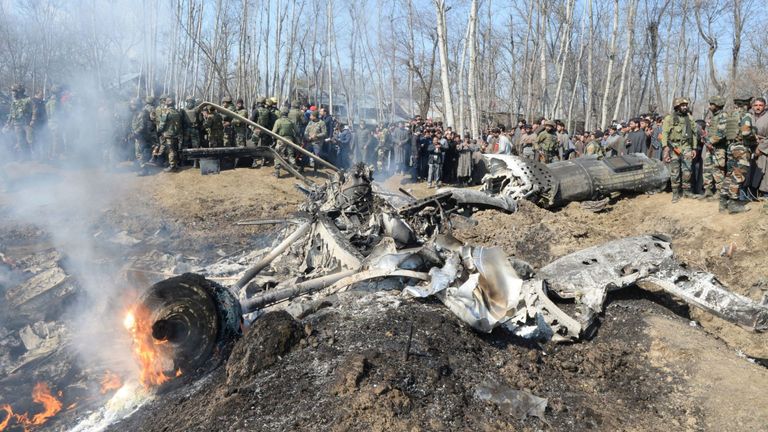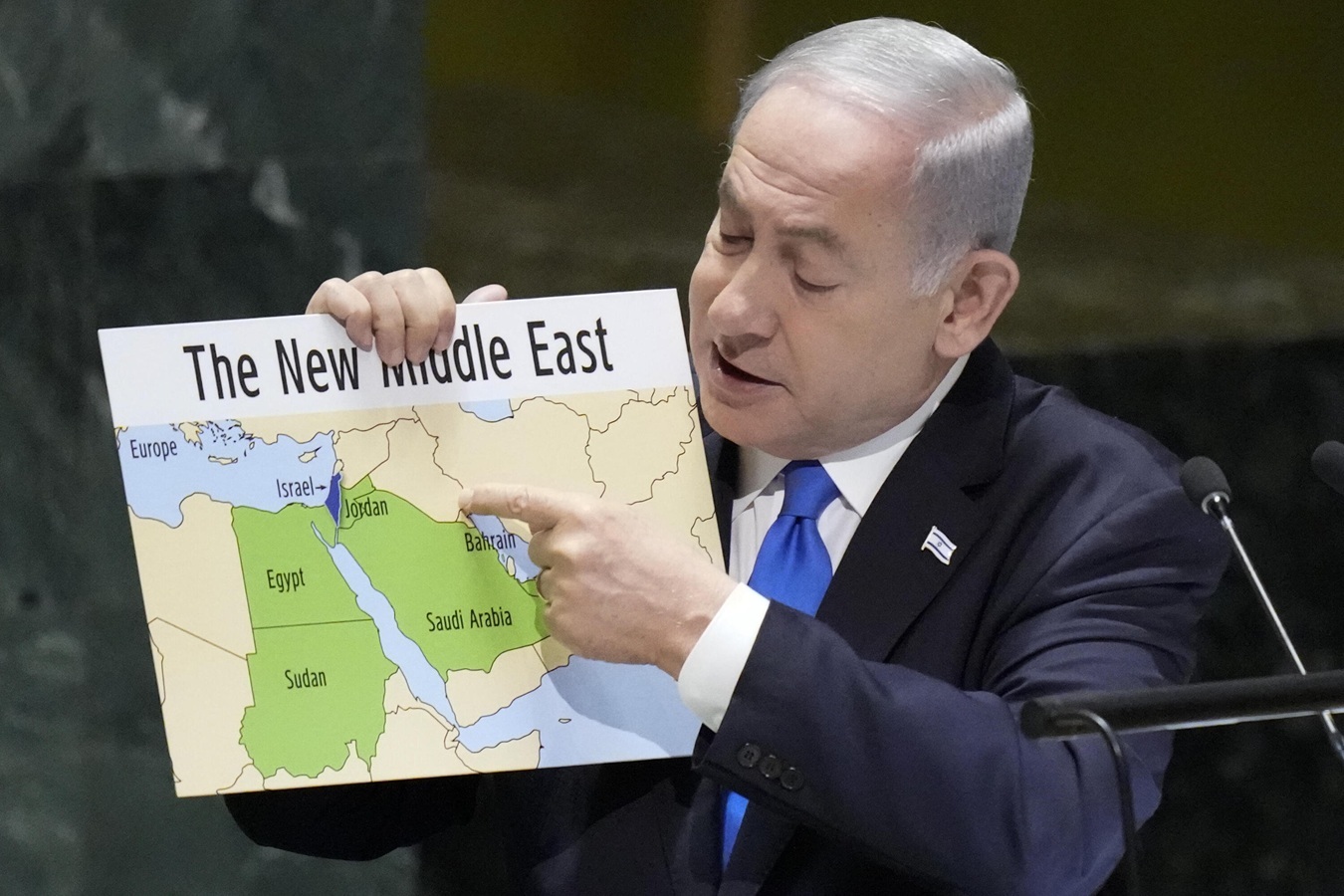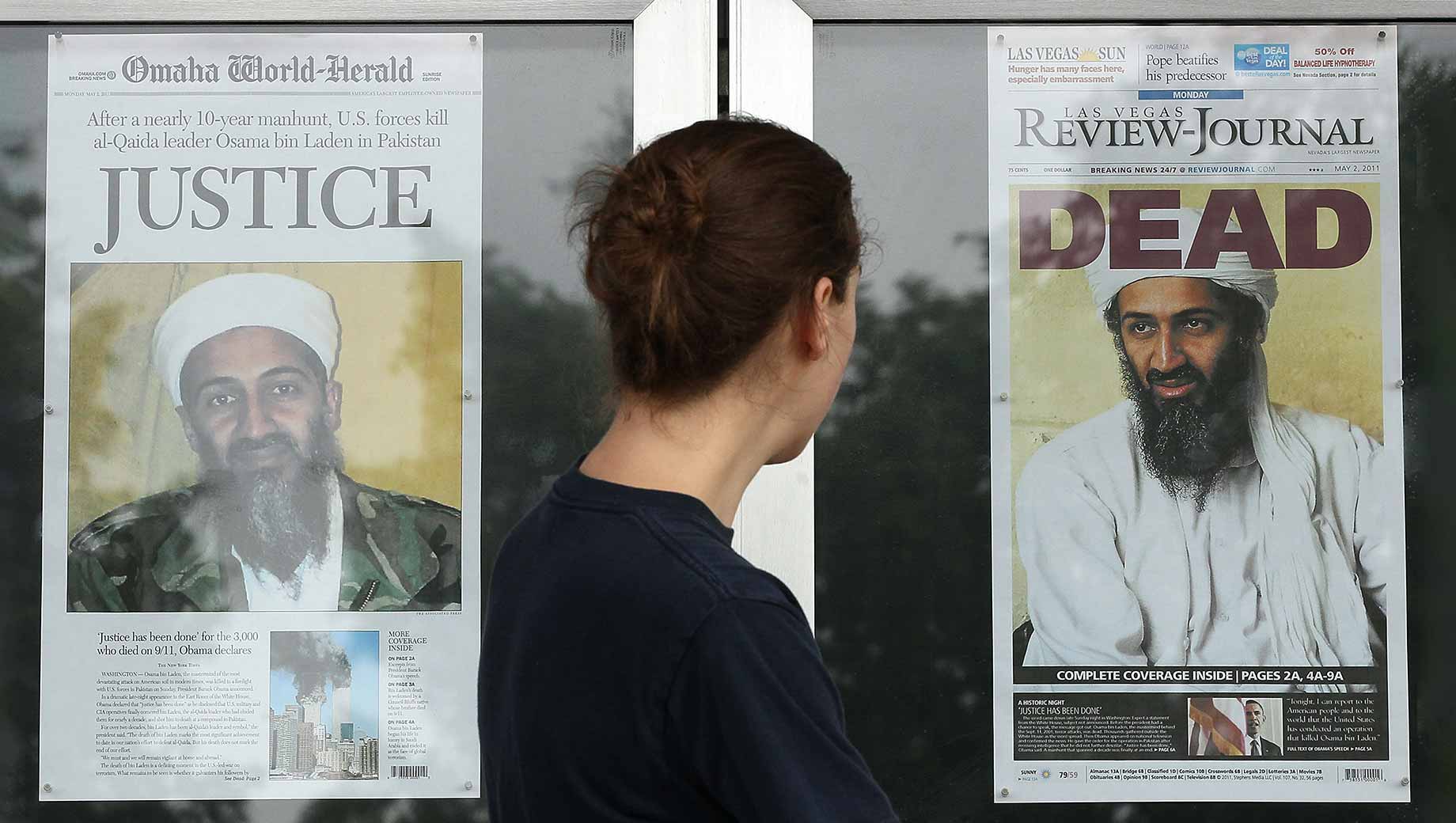
This is an interview conducted by Emad El-Din AyshaBy with the Indian analyst and editor of International Affairs Review, Aditi Bhaduri on the Pakistani- Indian recent clashes:
The Levant News: What is the Indian position now? Does it want escalation of the hostilities? What does India want from Pakistan that can reduce tensions?
Aditi Bhaduri: India has only one demand from Pakistan. To put an end to terrorism in India. Because Pakistan has always lost to India in a conventional war they began nurturing and using non-state actors like Masood Azhar and Hafeez Sayeed and others. Masood Azhar’s organisation the Jaish-e-Mohammed executed the terror attack in Kashmir on 14 February, which killed 42 Indian para-military personnel and which shook India into action. These people operate from Pakistan’s territories and with Pakistani state support. There is a great deal of evidence available. Former president Musharaf has admitted that these assets were built up after the conclusion of the Afghanistan jihad, when all these jihadis were moved to India. Kashmir is not the real reason, though it is a point of friction and difference. The basic reason is that the Pakistan military is the real power in Pakistan and they derive the reason for their existence in the eyes of the people by pointing to the Indian threat. This too has been amply researched and recorded by Pakistani researchers, scholars and journalists, some of whom have had to move to other countries in exile for this.
After both India and Pakistan went nuclear, Pakistan has once again used the nuclear threat to prevent any retaliation from India for these repeated and multiple attacks it launches through these non-state actors, like the one in Mumbai in 2008, and still others after that. Famous Pakistani journalist Hamid Mir even travelled to the village of the terrorist who was caught in Mumbai and confirmed what the Indian authorities had claimed.
So, except for diplomatically isolating Pakistan, India has not used other military options, till now. This time when 42 paramilitary personnel were killed in a terror attack in Indian Kashmir, which has been claimed by the Jaish-e-Mohammed, for the first time since 1971 war and since both states went nuclear. India retaliated by striking deep within Pakistan’s territory. So this time a threshold has been crossed. The nuclear deterrent did not work. The Indian ministry of external affairs made a statement that they did not want to hurt any Pakistani civilian or even any Pakistani state target like the army or air force. The strike was only against terror targets.
The Levant News: Do you expect further escalation, or do you expect there will be negotiations?
Aditi Bhaduri: I do not expect any further escalation as of now. There is still deliberation. The main message that India wanted to send was that it can target places inside Pakistan’s territory if necessary to protect itself and if Pakistan is unable to take action against terror camps on its own soil. India’s objective is not to attack Pakistan. It is to destroy the terror networks that Pakistan allows on its soil to function.
I don’t expect any negotiations till the parliamentary elections in India are over. Of course there can be some back channel talks. India has also handed over a dossier on the recent terror attacks in the Indian state of Jammu and Kashmir which fuelled India’s strikes. So it will be for the next government which will be sworn in by May-June this year to take a decision on negotiations.
The Levant News: Does India refuse dialogue over Kashmir and the passing of a UN resolution on it?
Aditi Bhaduri: India has never refused dialogue on Kashmir, and there have been dialogues between India and Pakistan on Kashmir. In fact both countries were close to signing an agreement on Kashmir when President Musharaf was in charge in Pakistan and Dr. Manmohsn Singh was prime minister in India. Unfortunately there were problems in Pakistan and Musharaf lost power and the deal went into cold storage.
India has always maintained that the issue of Kashmir is a bilateral issue between India and Pakistan. There can be no third party intervention. UN resolutions on Kashmir are not binding ones.
India maintains that dialogue and terror cannot go hand in hand. I feel channels of communication should always remain open. Another dilemma for India is that civilian governments in Pakistan have limited power. The Pakistani military is the real power. So who does India dialogue with?







